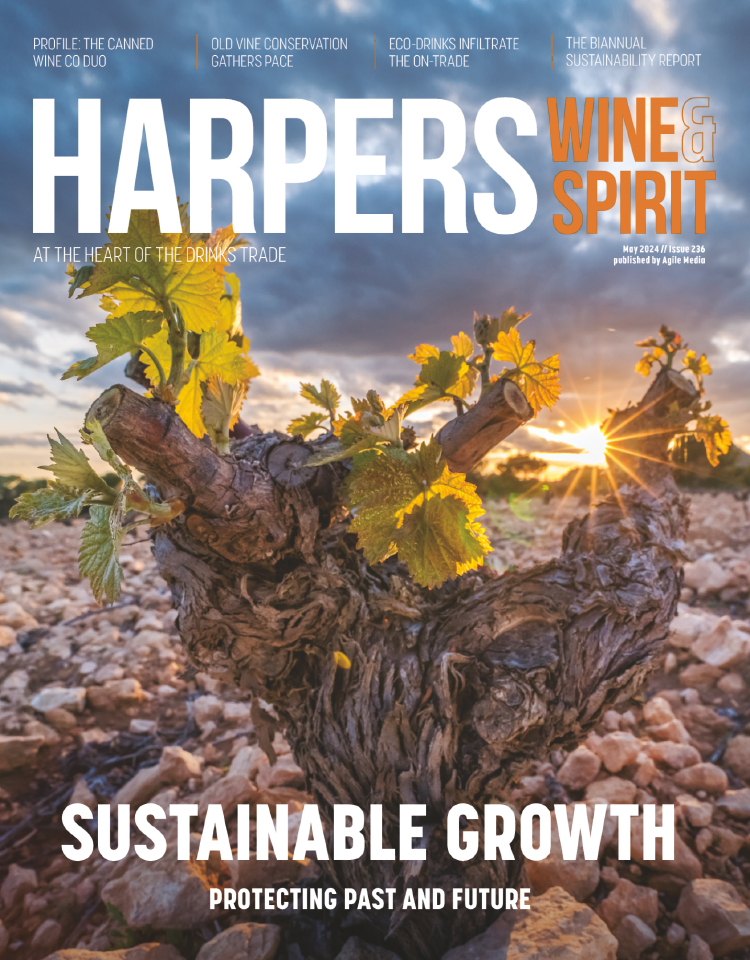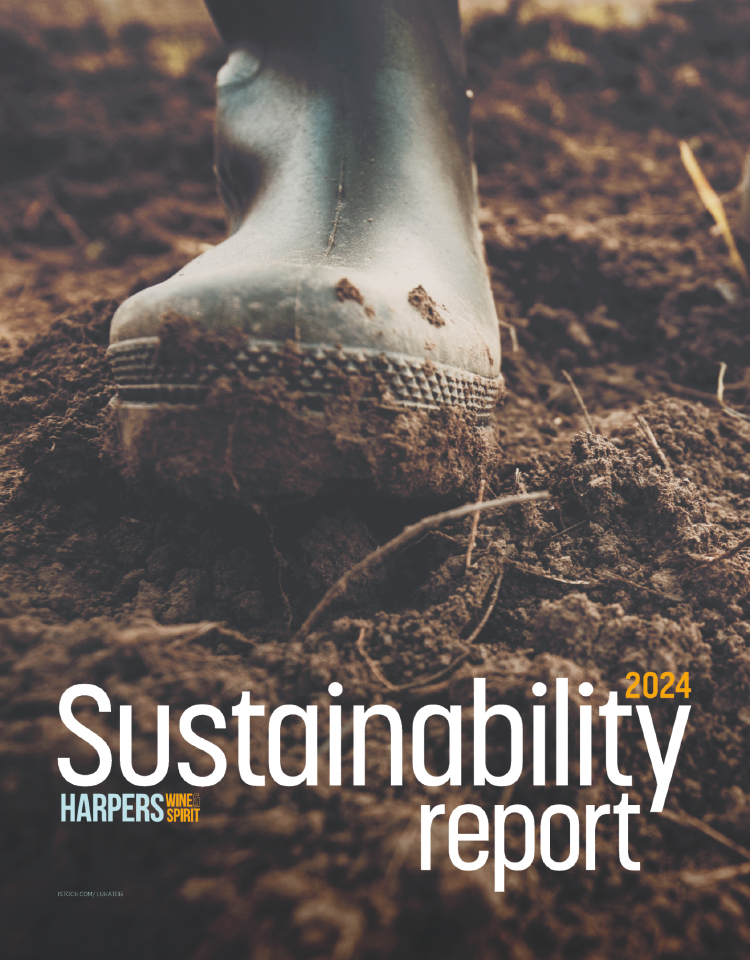The spirit of success
If there has been one undisputed champion of the UK drinks market during the past decade it has been vodka. The clear viscous liquid with no discernible colour and little in the way of aroma or flavour has won over legions of (mostly younger) consumers, and in recent years has grown to become the UK's largest spirit category, accounting for around 28% of the UK market. The previous champion, blended whisky, has been sent sprawling on to the canvas by the young upstart and now holds just 25% of the total market (AC Nielsen total market MAT to end of December 2006). Overall, the vodka market has grown by 55% since 1997 (Euromonitor), reaching 75 million litres last year, an astonishing compound growth rate of around 5% each and every year.
The long-running battle between European member states over what vodka actually is looks close to being settled, following a compromise agreement brokered by the European Union.
The original dispute started when Finland, backed by Sweden and Poland, said that only vodka made from grain or potatoes should be able to call itself vodka. Finland then used its presidency of the European Union to try and kick-start the process of EU legislation, much to the chagrin of other large spirit-producing nations such as Hungary, Britain and Spain. It is estimated that up to a third of UK vodka production, and two-thirds of that produced in some EU nations, is produced from sugar beet molasses or substances other than grain or potatoes. The current legislation, which states that vodka can be made from any substance of an organic origin - be it grain, potatoes, sugar or grapes - dates from 1989, before Sweden, Finland or Poland joined the EU.
One of the loudest proponents of changing the legislation was V&S. The Swedish company's director of corporate affairs, Peeter Luksep, criticised the UK government's pro-flexibility stance, which stands in direct conflict with its strict stance on the subject of the origins and production methods of whisky. Luksep argued: The whisky industry is basically right and we just want the same treatment.'
The European Parliament's environment committee has now adopted a compromise agreement, which states that any vodka not made from grain, potato or molasses would be forced to label its ingredients, for example grape vodka'. Vodka made from more than one ingredient would have to be labelled as blended vodka'.
The proposal still has to be agreed by the full parliament and by the governments of the member states themselves, but the main drinks companies have signalled their broad support of the plan and agreement looks likely, despite some continued opposition from the original complainants.





